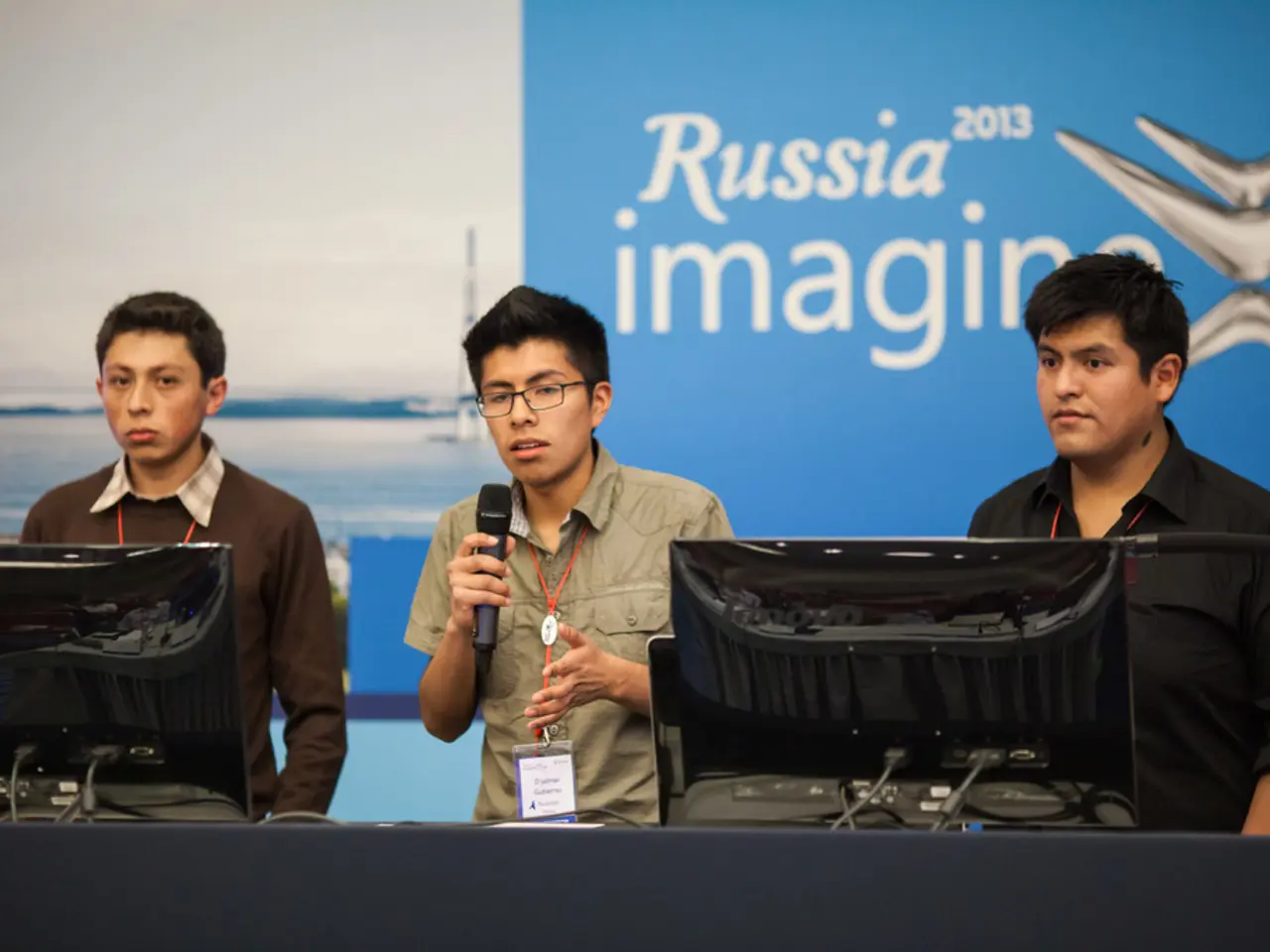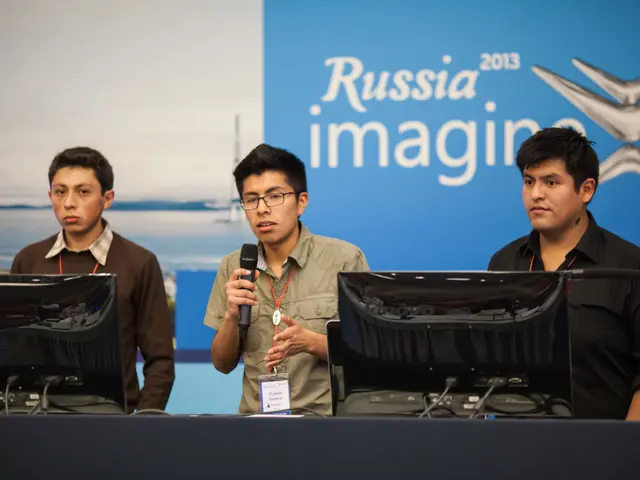Indian Prime Minister surprises Zelensky with an unanticipated call
India-Ukraine Ties Strengthen Amid Ongoing Diplomatic Efforts
India and Ukraine have agreed to a personal meeting between Prime Minister Narendra Modi and President Volodymyr Zelensky at the United Nations General Assembly in September this year. This development is part of ongoing diplomatic efforts to address the conflict between Ukraine and Russia.
During a phone call, Modi expressed his commitment to strengthening ties with Ukraine and reiterated his support for a peaceful resolution to the ongoing war. However, his statement did not specify any specific actions India will take to strengthen ties or limit Russian energy imports.
The focus of the conversation expanded to include the discussion of a personal meeting, but no details about the nature or agenda of the meeting have been revealed. The Ukrainian President's message contained a request for India to limit its import of Russian energy to hinder Russia's ability to finance the war.
In response to this request, data shows a significant reduction in Russian crude oil imports by India. Shipments plunged threefold in August 2025 compared to earlier this year, dropping from about 1.18 million barrels per day to roughly 400,000 barrels per day. This reduction aligns with the increasing pressure from international sanctions and impending U.S. tariffs targeting countries importing Russian oil.
The United States, under an Executive Order issued on August 6, 2025, imposed additional tariffs on Indian imports to counter India's continuing purchase of Russian oil. These tariffs started at 25% and were doubled to a total 50% tariff on many Indian goods effective August 27, 2025. The U.S. explicitly linked these tariffs to India's oil imports from Russia, aiming to pressure India to reduce these imports and align more closely with Western sanctions against Russia.
While the Indian government has not detailed new policies or specific steps taken post-discussion with Ukraine, the external indicators suggest a practical shift in India's energy import patterns in response to international sanctions and diplomatic pressures. The U.S. continues to monitor and enforce frameworks to potentially extend similar measures to other countries maintaining energy trade with Russia.
India is navigating complex geopolitical pressures as the U.S. tariffs appear at least partly motivated by stalled trade talks and broader strategic tensions beyond just Russia sanctions. The personal meeting between Modi and Zelensky is not related to any immediate decisions or agreements, but it is an additional aspect of ongoing diplomatic efforts to address the conflict between Ukraine and Russia.
References: 1. CNN 2. Reuters 3. Bloomberg 4. The Hindu 5. The Economic Times
- Amid the broader context of global politics and general news, India's decision to reduce Russian crude oil imports can be viewed as a response to international sanctions and diplomatic pressure, possibly influencing the ongoing war-and-conflicts between Ukraine and Russia.
- During the discussion of a personal meeting between Prime Minister Modi and President Zelensky, the conversation notably expanded to include the topic of limiting Indian imports of Russian energy, a move that has significant implications for the financing of the ongoing war-and-conflicts.







